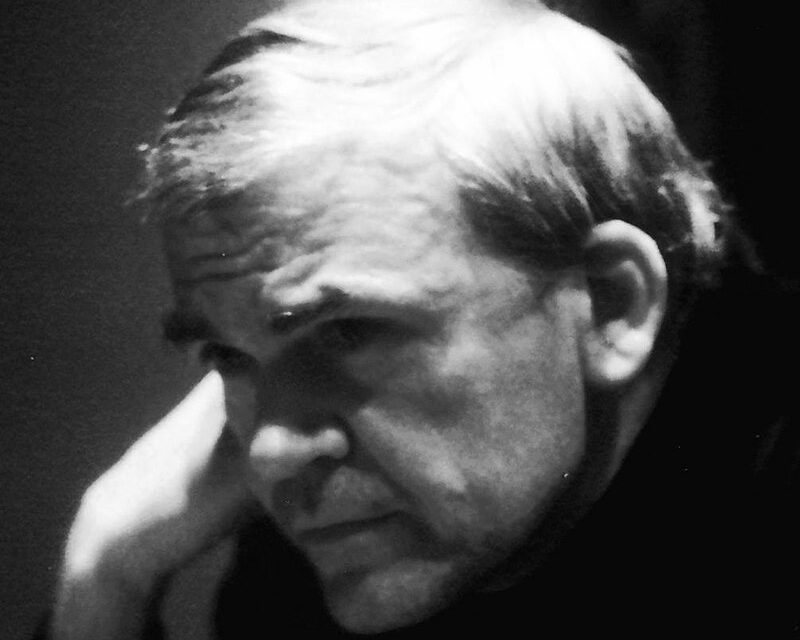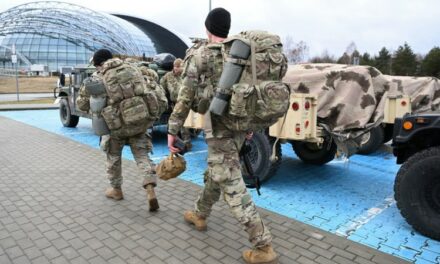After all, what would the 56-year-old Hungarian descendant of Kundera, who inspired Kundera's homage, say to the departing great writer now, in the moment after his death? Written by László Domonkos.
Central Europe is also a bit dead now, says my friend, and immediately adds gloomily: or maybe not so much. Yes, with the death of a great Central European legend, one of the (rare) Central European idols of our youth, Milan Kundera, it is almost as if the real, the blood, the actual, the ancient and timeless Central Europe has gone into non-existence or at least into transience showing his drasticness, he wished he would have appeared before us with a strong accent.
It will be almost a decade since I wrote about him in these columns, after my trips to Prague, that "as we got to know Kundera at that time: I remember he went around as a samizdat, and that's how I got to know the book written a year earlier in 1984 and published in Hungarian in the Paris Irodalmi Újság (...) his great essay, The Kidnapped West, or the Tragedy of Central Europe.
It begins with Kundera evoking our '56, when on November 4, "a few minutes before the artillery blew up his office, the director of Hungary's press agency sent a desperate telex message to the world about the Russian offensive launched against Budapest that morning. The telegram ended with these words: "We will die for Hungary and Europe." And after that, the author begins to ponder what Europe can mean for a Czech, a Hungarian or a Pole.
Yes, that was Kundera. Our Kundera. Who, in addition to Tréfa and The Unbearable Lightness of Being - his two greatest works of fiction - during his almost nine and a half decade life on earth, could also experience that from the tragedy of the fall of Central Europe into Soviet subjugation, he could reach the "blessed Berlin Wall" which Ádám Pozsonyi used to symbolize this era in our country ” apostrophized to world-steeling-operation.
After all, if we look at Kundera's Prague - and the other Central European cities, Warsaw or Budapest or even Krakow and Bratislava - we inevitably think of what the departed Hungarian descendant of the 56th, who evoked Kundera's homage, would say now, in the moment after his death. a great writer?
What would you say to one of the greatest protectors of Central Europe after death? As I wrote years ago, I may have seen what Paris, Rome, Brussels, Amsterdam, the German cities there, and even - or already - Vienna, have become. Actually, no matter how hard it is for me, I have to write London and Dublin here, unfortunately, except for Sicily and Crete, Italian and Greek cities, and I have not yet mentioned Marseille and Florence, mostly elderly Banság Hungarians living on the other side of the Hungarian-Serbian border in Trianon villages inhabited by or the inhabitants of certain islands of the Aegean or Tyrrhenian seas...
Thanks to Kundera, thanks to the Berlin Wall, thanks to the whole stout reality of the Soviet communist colonial empire: strengthened, under the protective umbrella of an unimaginable and unfathomable armament that can make everyone more confident, we can say: at the departure of the great guardian of Central Europe, we can more or less calmly report - we hold our own, we hold the front, Kundera's (and the others) buildings.
We practice what we learned from the guys from Pest or from Jan Palach, and even what we also know from Kundera - from the girls in Prague, who showed themselves in provocative clothes, miniskirts, bras and panties (or even without) to the miserable Soviet soldiers languishing in multi-year sexual quarantine: just in case... (Let's not try to figure out when and how effective it is. Determination and action are the main thing now.)
My friend's comment envisioning the death of Central Europe, even if it was induced by the departure of Milan Kundera, is completely incorrect. Central Europe after death - the death of the frail, fallible and mortal individual, the ever-so-vulnerable Writer - is the receptacle of the whole or entire Europe of the remaining Eternal Life. Refuge and hope, ideal, model, benchmark. If you like, defiance, resistance, non-submission, endurance, the unbearable - but existing - ease of being immortal. Only we know its secrets, only we know its treatment. Kundera could leave with a smile. He had every reason to.












